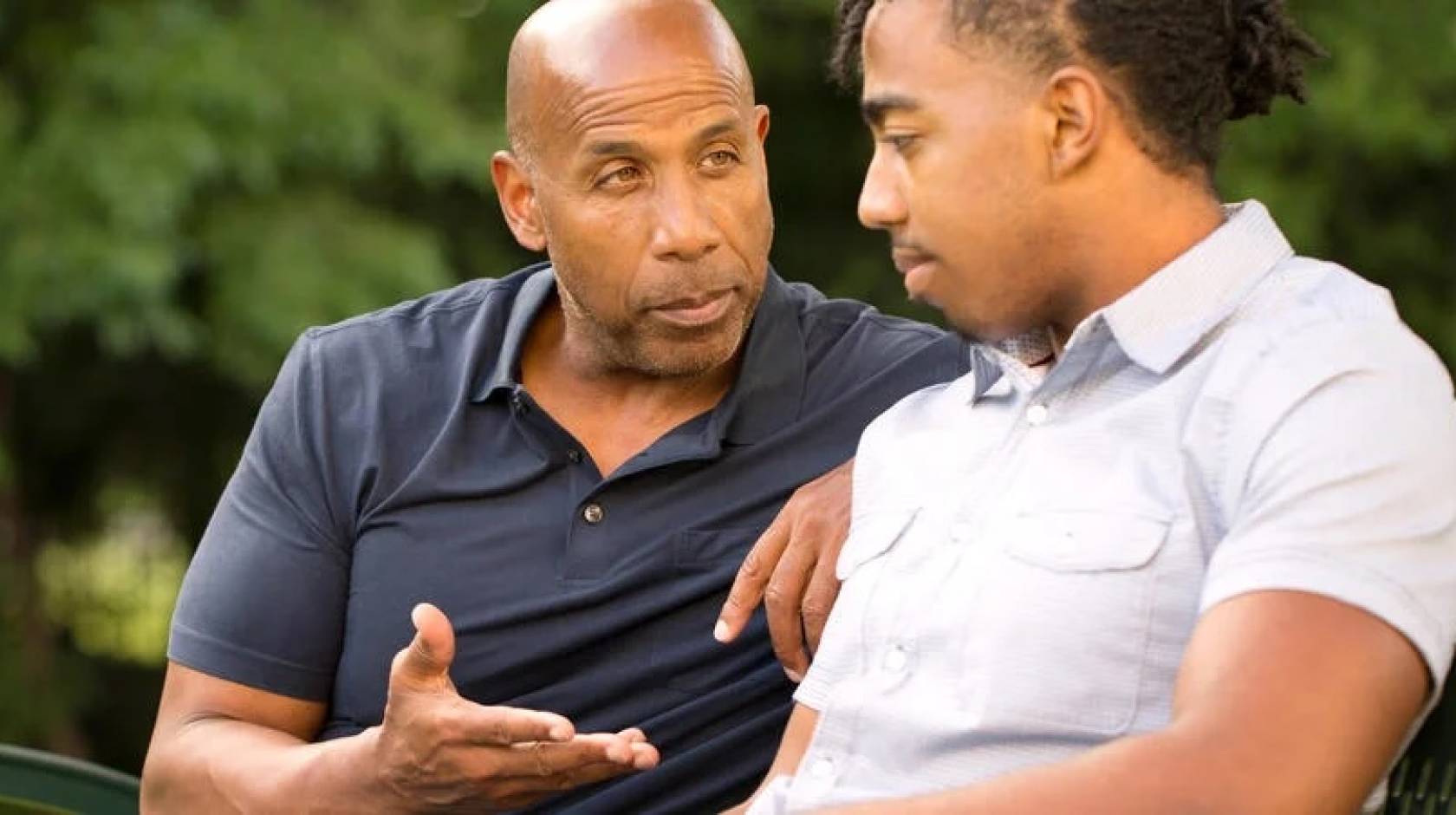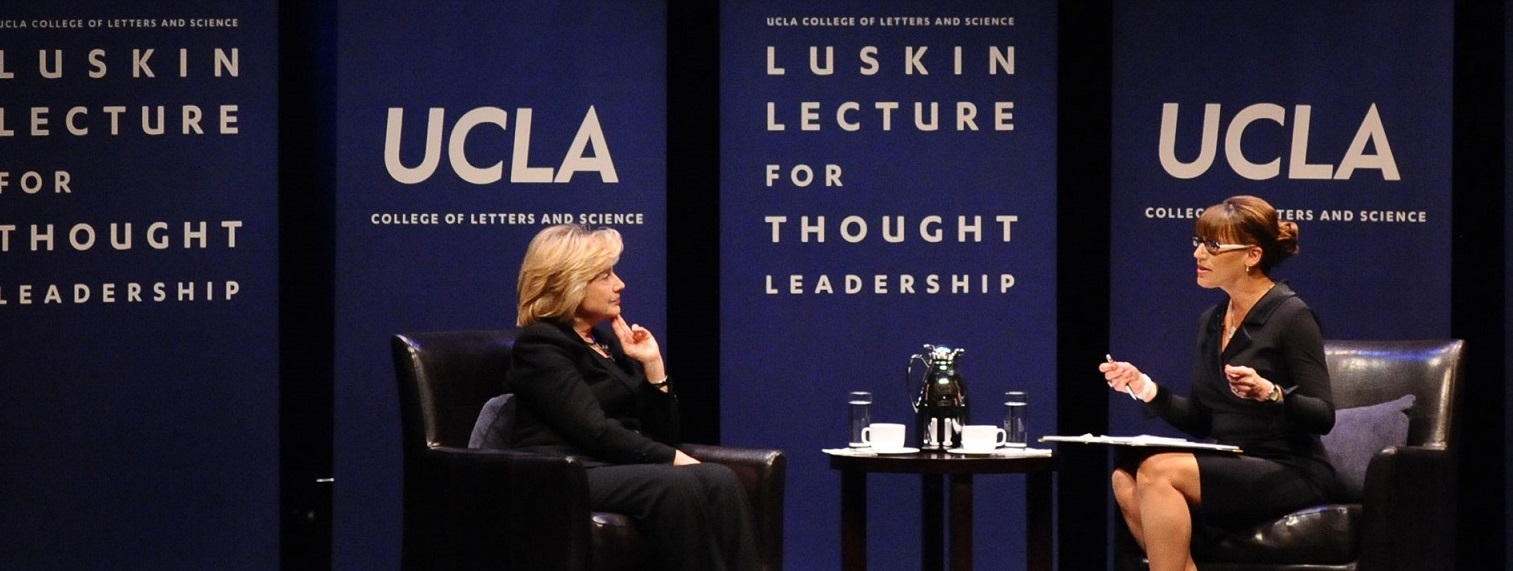The study, which included “emerging adults” — those in their late teens and early 20s — found teens will appreciate parents’ unsolicited advice, but only if the parent is supportive of their teens’ autonomy.
这项研究包括了“初出茅庐的成年人”——那些十几岁和二十出头的人——发现青少年会感激父母主动提出的建议,但前提是父母支持他们的自主权。

Parents support autonomy by providing clear guidelines for limitations and rules that will be enforced. They also participate in activities that are interesting to their teens, among other things.
家长通过提供明确的限制和规则来支持自主权。除此之外,他们还参加青少年感兴趣的活动。
“These parents consistently acknowledge and validate their child’s feelings, and encourage and support their exploration of different interests as they figure out who they are and what they’ll do with their lives,” said Elizabeth Davis, a UCR psychology researcher and the senior author of the study, published in December in the journal Emerging Adulthood.
“这些父母始终承认并认可孩子的感受,并鼓励和支持他们探索不同的兴趣,因为他们会弄清楚自己是谁,以及他们将如何度过自己的生活,”UCR心理学研究员、该研究的资深作者伊丽莎白戴维斯(Elizabeth Davis)说。该研究于去年12月发表在《新兴成年》(Emerging Adulthood)杂志上。
Conversely, Davis said, statements such as “Because I said so” minus context; “get over it,” and “it’s not a big deal” are the postures that will cause your child to build walls in the face of unsolicited advice.
相反,戴维斯说,像“因为我这么说了”这样的陈述缺乏上下文;“克服它”和“这没什么大不了的”这些姿势会让你的孩子在面对不请自来的建议时筑起高墙。
The study included 194 emerging adults aged 18 to 25. Davis said the sample is significant because it was overwhelmingly non-white: 38.3% Asian; 33.2% Latino; 10.4% multiracial; 6.7% Middle Eastern; 4.7% Black, and 4.7% white.
该研究包括194名年龄在18岁至25岁之间的新成人。戴维斯说,这个样本很重要,因为它绝大多数是非白人:38.3%的亚洲人;33.2%的拉丁裔;多民族的10.4%;6.7%中东地区;4.7%黑色和4.7%白色。
“Much psychological research has focused on white middle class convenience samples, so diversifying the participant populations we study gives us a much better sense of how psychological phenomena work for everyone,” said Davis, who is an associate professor of psychology. “It makes the results more broadly generalizable.”
心理学副教授戴维斯说:“很多心理学研究都集中在白人中产阶级的便利样本上,所以我们研究的参与者群体多样化,可以让我们更好地了解心理现象是如何对每个人起作用的。这使得研究结果具有更广泛的普遍性。”
Participants were asked to reflect on occasions when a parent offered advice to help them manage their emotions. Teens then completed a survey asking whether the parent interaction was helpful and whether it changed their emotional state. They then were asked about their ability to cope with the situation and control their emotions, and about their connection with their parents.
参与者被要求回想父母提出建议帮助他们控制情绪的情况。然后,青少年完成了一项调查,询问父母的互动是否有帮助,是否改变了他们的情绪状态。然后,他们被问及处理这种情况和控制情绪的能力,以及他们与父母的关系。
Next, the youths were asked if they had sought support, and finally whether they perceive their parents as supporting their autonomy.
接下来,这些年轻人被问及他们是否寻求过支持,最后,他们是否认为父母支持他们的自主权。
Davis said the teens of autonomy-supporting parents perceived advice they sought from the parent as helpful. But these teens considered unsolicited advice equally as helpful. Past research has shown that unsolicited advice, generally, is less likely to be perceived as effective.
戴维斯说,支持自主的父母的青少年认为他们从父母那里寻求的建议是有帮助的。但这些青少年认为不请自来的建议同样有帮助。过去的研究表明,一般来说,主动提出的建议不太可能被认为是有效的。
“Highly autonomy supporting parents may have increased insight into how to offer unsolicited support and thus do not fall into the trap of giving unwanted support,” the study authors wrote.
该研究的作者写道:“高度自主的支持父母可能会更加了解如何提供主动的支持,从而不会陷入给予不必要的支持的陷阱。”
If the parent was perceived not to support autonomy, the study found unsolicited advice was not viewed as helpful. Unsolicited advice in those circumstances “may be interpreted as less sincere, and thus less effective,” the study authors wrote.
研究发现,如果父母被认为不支持自主权,不请自来的建议就不会被视为有帮助。该研究的作者写道,在这种情况下,主动提出的建议“可能会被解读为不够真诚,因此效果也不佳”。
"If youth feel like their parents don't 'get them' or 'understand them,' it's possible that youth conclude that the parental advice does not apply to them," said Madeline Newman, a fifth-year graduate student in Davis's Emotion Regulation Lab and the first author for the journal paper, “A Helping Hand Isn’t Always So Helpful: Parental Autonomy Support Moderates the Effectiveness of Interpersonal Emotion Regulation for Emerging Adults.”
“如果年轻人觉得他们的父母没有‘了解他们’或‘理解他们’,他们可能会认为父母的建议并不适用于他们,” 戴维斯情绪调节实验室的五年级研究生玛德琳·纽曼(Madeline Newman)说,她是期刊论文《援助之手并不总是那么有用:父母的自主支持调节了新兴成年人人际情绪调节的有效性》的第一作者。
The findings build on a body of research that has asserted wide-ranging benefits for children who have autonomy-supporting parents. That includes greater feelings of self-efficacy, i.e., “I got this.”
这些发现建立在一系列研究的基础上,这些研究断言,拥有自主能力的父母对孩子有广泛的好处。这包括更强的自我效能感,即“我能行”。
“Emerging adulthood is a special time of the lifespan, when there are new opportunities for freedom and decision-making, but still lots of ties to family of origin,” Davis said. “So the way parents support their youth during this transitional phase will set the stage for later adulthood.”
戴维斯说:“即将成年是人生中一个特殊的时期,在这个时期,人们有了新的自由和决策的机会,但仍然与原生家庭有很多联系。因此,父母在这个过渡阶段支持孩子的方式将为以后的成年奠定基础。”




